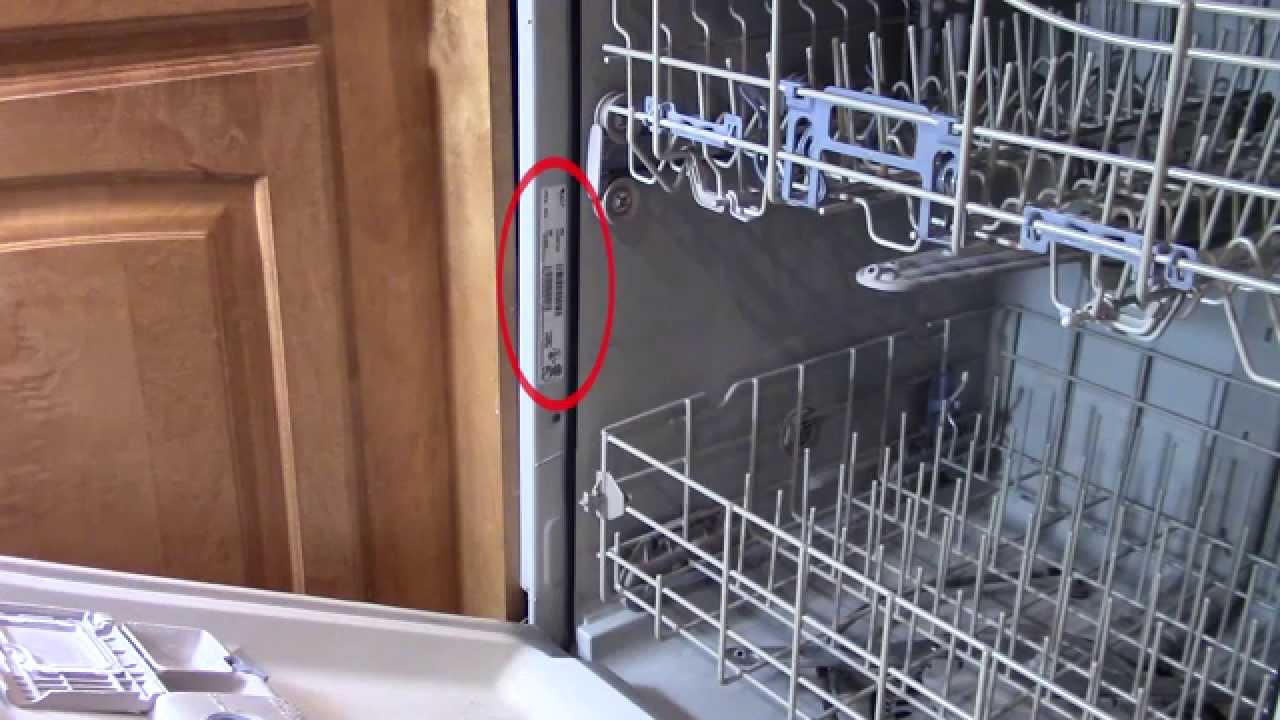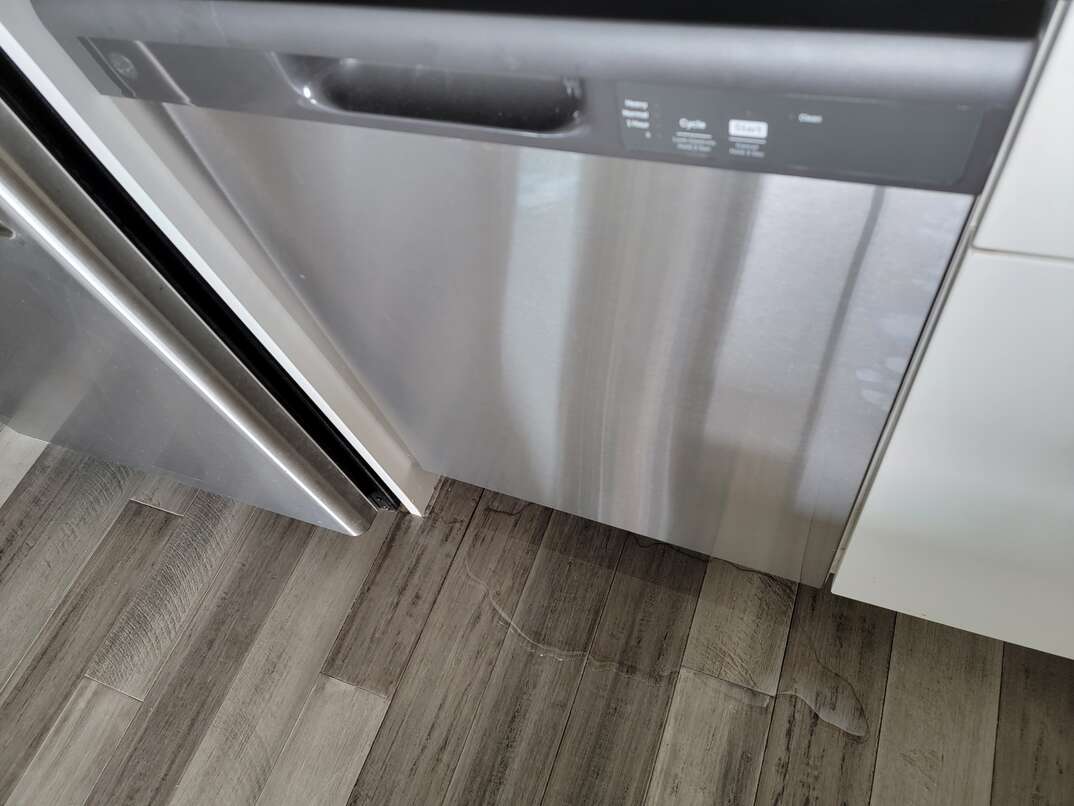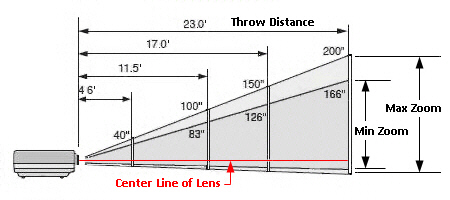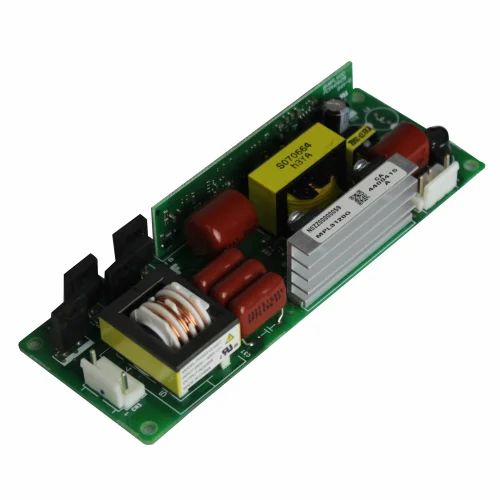Unveiling the Mystery: Causes And Solutions for Dishwasher Leaks From the Bottom
Introduction
Is your dishwasher letting out water from the bottom, turning your kitchen floor into a messy puddle? Dishwashers are a handy household appliance, but a leak can quickly turn convenience into a challenge. This article will unravel the mystery behind what causes a dishwasher to leak from the bottom and provide effective solutions to fix the issue. Let's dive in to save your kitchen floor from unexpected showers.
What Signs Indicate a Dishwasher Leak?
If your dishwasher starts to leak, it may not always be a blatant pool of water around the appliance that signals a problem. While that would be an obvious indicator, several subtle signs are often overlooked, which can lead to extensive damage if not addressed promptly. Here are the key signs of a dishwasher leak:
- Unpleasant Odor: A stagnant water or musty smell can often be the first sign of a leak. This scent indicates that there is unnoticed spilled water hiding somewhere.
- Moisture Damage: Look out for signs of water damage such as soggy kitchen cabinets or warped flooring around your dishwasher, as these indicate a potential leak.
- Wet Underneath: If the floor under your dishwasher is continually damp, it could be due to a recurring leak.

By proactively scanning your dishwasher and its surroundings for these signs, you can quickly identify and address any ongoing leakage problems before they cause more damage.

What are Common Causes of a Dishwasher Leaking from the Bottom?
Understanding why the water is pooling under your dishwasher can be crucial in devising an effective resolution. Below are some of the shared roots of this issue:
- Deteriorated Seals: The erosion of door seals or gaskets often tops the list of reasons why dishwashers leak. As they wear out due to constant usage, gaps develop, allowing water to escape. Keeping an eye on these seals will enable their timely replacement before a leak occurs.
- Inefficient Dishwasher Valve: A malfunctioning valve within your dishwasher can be another culprit behind the water leakage. If it fails to work correctly, it may not be able to regulate water flow, resulting in spillage. Regular checks can help mitigate this issue.
- Impaired Hoses: Hoses play an integral role in carrying water to and from your dishwasher. Over time, these sturdy tubes can succumb to wear and tear, resulting in cracks and leakages. Regular inspection of hoses during your appliance's periodic maintenance can help catch any damage early.
- Overloading the Dishwasher: It might seem like a good idea to pack the dishwasher to its maximum capacity for a thorough clean. However, overloading can lead to water seeping out. Following the manufacturer's loading guidelines is key to prevent overflow and potential leakage.
In conclusion, understanding the factors leading to a dishwasher leaking from the bottom can help you prevent water damage and ensure the longevity of your appliance. Regular maintenance plays a crucial role in this - be it inspecting seals, valves, and hoses for wear and tear, or following usage guidelines to help manage the load. By proactively taking these steps, you can mitigate the risk of encountering a leaky puddle on your kitchen floor after each wash cycle. And remember, don't hesitate to bring in the professionals if the leakage persists. Sometimes, expert intervention can save you from more severe issues down the line.
How can I Troubleshoot My Leaky Dishwasher?
If your dishwasher has turned into a mini shower, making your kitchen floor wet and slippery, it's time to don your troubleshooting cap. But where do you start? Here's a step-by-step inspection guide to help you identify and rectify the problem causing your dishwasher to leak.
1. Check the Seals: Start by checking the door seal or gasket of your dishwasher. Often, prolonged usage can cause the seal to wear out, leading to leakage. If you find the seal worn out, loosen, or brittle, replace it promptly to stop the leak.
2. Inspect the Valve: Next, take a close look at the water inlet valve that controls the water flow in the dishwasher. If it malfunctions, it can cause water to overflow, resulting in a leak. If the valve is stuck open or shows signs of damage, it might be time for a replacement.
3. Examine the Hoses: Leaky hoses can often be culprits of water leakage. Thoroughly inspect the hoses that channel water into and out of your dishwasher. Be on the lookout for cracks, damage, or any signs of wear and tear. Replace any damaged hoses to prevent further leakage.
4. Assess Dishwasher Level: Lastly, ensure that your dishwasher is perfectly leveled. An uneven level or tilt can lead to water spillage and leaks. If you find your dishwasher off-level, adjust its feet or use shims to get it back to a balanced state.
If despite these measures, the problem continues, consider bringing in a professional to inspect and repair your appliance. While it may be tempting to try and fix everything yourself, a professional eye will be able to discern any less-than-obvious issues and prevent further damage. Plus, certain repairs may be covered under your appliance's warranty, avoiding unnecessary costs.
Why is Prompt Leakage Addressal Important?
It's crucial not to delay when you notice your dishwasher is leaking. Addressing this issue immediately is vital for several reasons:
1. Prevent Water Damage: Water leaks, if left unchecked, can cause significant water damage to your kitchen cabinets, flooring, and even walls. This damage can be costly to repair and can also lead to structural issues in extreme cases.
2. Avoid Mold Growth: Standing water around the leaking dishwasher creates an ideal environment for mold and mildew to thrive. This not only ruins the aesthetics of your kitchen but can also lead to potential health issues.
3. Maintain Appliance Efficiency: Regular operation of a malfunctioning dishwasher can lead to further complications and potentially loss of efficiency. Early detection and repairs ensure your dishwasher operates at peak performance.
4. Safety Concerns: Having water on the floor is a potential slip hazard. Ignoring a leaky dishwasher puts everyone in your household at risk of a slip-and-fall accident.
5. Cost-Effective: Finally, addressing dishwasher leaks in their early stages is ultimately a more cost-effective approach. A small leak can snowball into a bigger issue, which will be more expensive and time-consuming to fix.
Dishwasher Maintenance: How to Prevent Leaks
Ensuring regular maintenance of your dishwasher is crucial to enhance its longevity and prevent unwelcome leaks. Many leaks can be stopped before they start by adopting these preventive measures and conducting routine checks:
1. Check the Dishwasher Seals: The seals or gaskets of your dishwasher can wear out over time, causing water leakage. Conduct a visual inspection around the door, if you notice any cracks or pieces missing, it's time for a replacement. A bi-annual check can prevent unexpected leaks.
2. Inspect Water Valves: The water inlet valve regulates the amount of water that enters your dishwasher. Faulty or malfunctioning valves can lead to continuous water flow or leakage. Inspect this component at least once a year, or more if your dishwasher is used heavily.
3. Examine the Hoses: Hoses transport the water to and from your dishwasher. Cracks or breaks in these components can cause water leakage. Ensure the hoses are not kinked or damaged during your routine checks. Hoses usually last 5-7 years, but it is good to inspect them semi-annually for any signs of wear or damage.
4. Adhere to Manufacturer's Loading Instructions: Overfilling your dishwasher can cause excess water to spill and leak. Adhere to the manufacturer's recommended loading capacity to prevent overloads. You might be surprised to learn that overloading can lead to greater water usage.
5. Professional Maintenance: If you have conducted these checks and the problem persists, consider scheduling a professional maintenance service. Having your dishwasher serviced by a certified technician can help diagnose and prevent any potential problems.
In conclusion, preventive measures and regular maintenance checks are elementary steps to keeping your dishwasher in good shape. Not only can these measures prevent leaks, but they can also save you money in the long run by preventing unnecessary repairs or replacements. Remember, when it comes to appliance maintenance, prevention is always better than cure.
Conclusion
A leaky dishwasher can be a sign of underlying issues such as worn-out seals, faulty valve, or damaged hoses. Regular maintenance and prompt addressal can save you from more significant problems. When in doubt, it's best to consult a professional to ensure your dishwasher lives a long and productive life.
Related FAQs about what causes a dishwasher to leak from the bottom
How often should dishwasher seals be replaced to avoid leaks?
The duration between replacements can vary based on how often you use your dishwasher. However, seals should be inspected every six months for any signs of wear and tear. If they appear to be warped, cracked, brittle, or loose, they should be replaced immediately to prevent leaks.
Can I troubleshoot and repair a leaky dishwasher myself or should I hire a professional?
While minor issues can be addressed with some DIY troubleshooting, more complex problems or persistent leaks should be handled by a professional. Remember that improper handling can lead to more significant issues, and certain repairs may be covered under your appliance's warranty.
How can I maintain my dishwasher to prevent future leaks?
Regular maintenance is key to preventing leaks. This includes inspecting seals, valves, and hoses for wear and tear, adhering to the manufacturer's loading guidelines, ensuring the dishwasher is level, and scheduling professional maintenance if needed.







